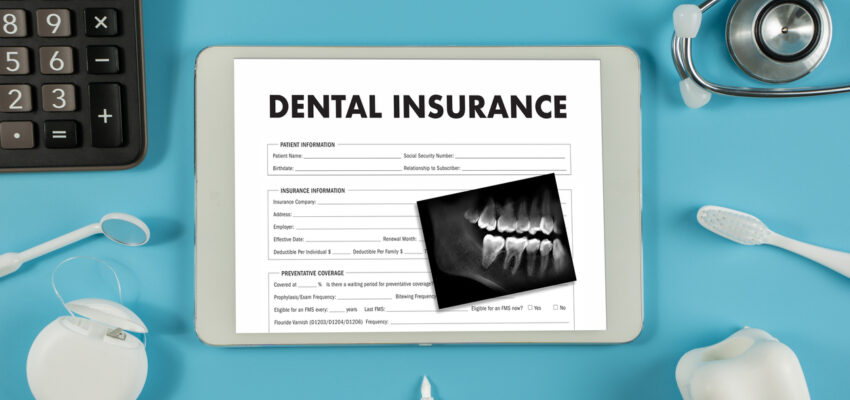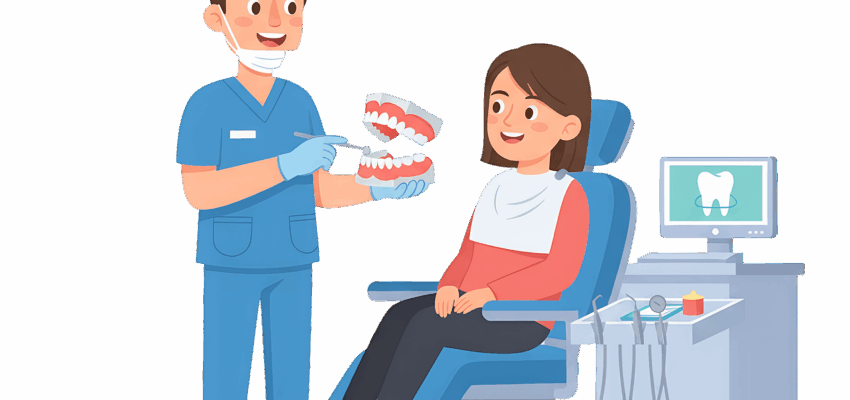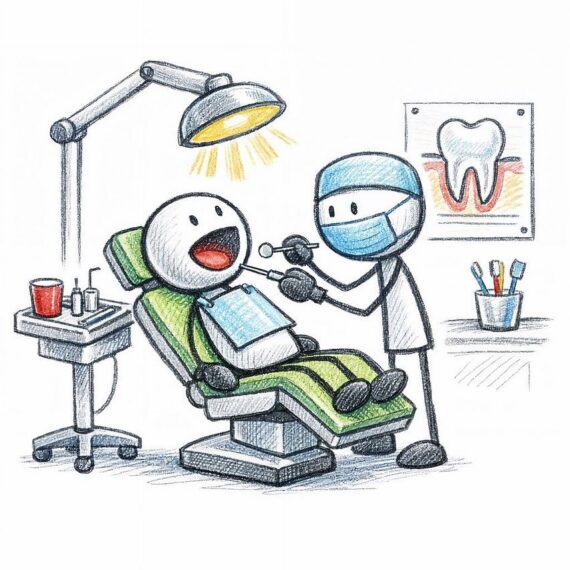Why offer Ameritas dental plans
Why offer Ameritas dental plans; because, dental and vision coverage remain two of the most common gaps left by Medicare. Original Medicare does not cover dental or vision except in limited, medically approved circumstances. Many Medicare Advantage plans have scaled back these benefits and only offer basic coverage. That’s why beneficiaries often look to their agents for affordable, flexible standalone options. Ameritas Dental and Vision delivers the extra value clients are looking for and the flexibility that makes these plans an easy choice.
Day one coverage with real value
Ameritas PrimeStar individual dental and vision insurance plans provide next-day coverage, allowing clients to use benefits as soon as they need them. This immediate access is a major selling point for Medicare beneficiaries who don’t want to wait months for care.
Clients can get the coverage they need and discover the benefits and affordability of having a dental and vision plan today, all through a simple, hassle-free online enrollment process.
Easily add vision benefits
Ameritas PrimeStar plans may include valuable features such as:
- In-network as well as out of network coverage – Freedom to visit any dentist, with greater savings in-network
- Preventive Plus covered procedures are not deducted from plan’s maximum dental benefit
- Dental implant coverage
- Teeth whitening benefits
- Child orthodontia options
- 25–50% in-network savings
Please note; benefits vary by plan. It is important to check plan benefits to verify coverage.
To complete the package; add vision coverage that allows clients to choose a plan and vision network that fits their needs, including access to VSP Vision Care and Eyemed, two of the largest vision networks in the country. Vision benefits may include:
- Eye exam benefits
- Glasses or contact lens frequency options
- Hearing benefits on select plans
Watch a quick Youtube video on why and how to sell ancillary with Medicare
Why offer Ameritas dental plans – More flexibility
Ameritas offers both plan and network flexibility for enrollees. Clients can visit any dental or vision provider, making it easy to choose coverage that fits their lifestyle, budget, and existing providers.
Ameritas is a trusted carrier
Ameritas brings decades of experience and stability:
- Offering dental insurance since 1959 and vision insurance since 1984
- Serving more than 12.9 million members nationwide
- U.S.-based customer service centers that have earned Benchmarks Portal Center of Excellence award every year since 2006
- Spanish-speaking sales, administration, and claims teams, in addition to translation services in many languages
If you are ready to be part of the Crowe team; click here for online contracting
Why this matters for agents
Dental and vision plans are ideal cross-sells that help agents stay connected with clients year-round, increase retention, and generate recurring revenue all while delivering meaningful benefits.
Agents stay up-to-date on agent events and information.
By offering Ameritas Dental and Vision, Medicare agents can provide flexible, trusted coverage with immediate value; helping clients protect their health while strengthening long-term relationships and growing their business.















Recent Comments